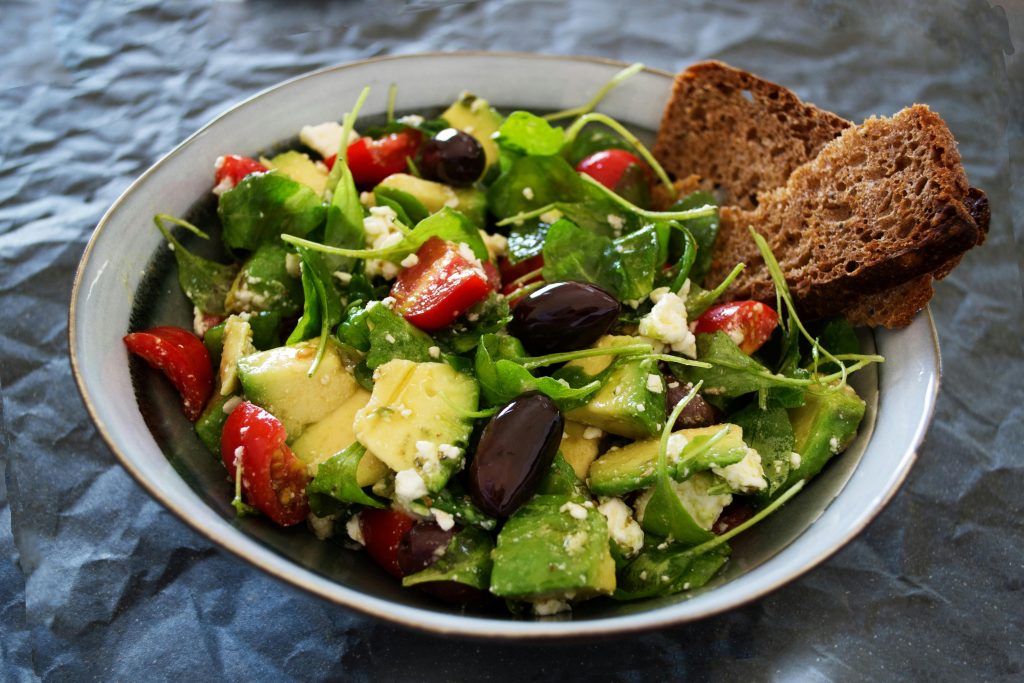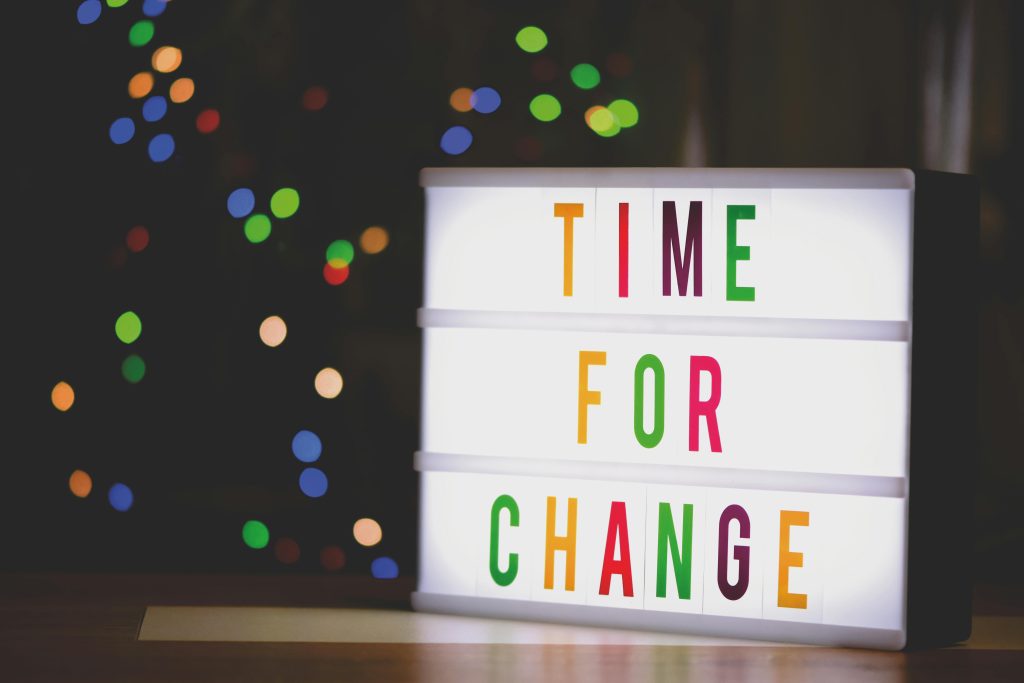If You Can’t Eat Like This for the Rest of Your Life, Don’t Even Start the Diet
Fad diets and restrictive eating plans have become the hallmark of the weight-loss industry. They promise quick results and dramatic transformations but often ignore a fundamental truth: if you can’t sustain a diet for the long haul, it’s destined to fail. Sustainable weight loss isn’t about a short-term fix; it’s about adopting a way of eating that you can maintain for the rest of your life.
Let’s dive into why diets with an expiration date are doomed to fail, the dangers of unsustainable eating plans, and how to adopt a more balanced approach to long-term health.

The Problem with Unsustainable Diets
1. Restriction Leads to Rebellion
One of the most common traits of unsustainable diets is extreme restriction. Whether it’s eliminating entire food groups, cutting calories to dangerously low levels, or following rigid rules, these diets create a sense of deprivation.
When you tell yourself you can never have your favorite foods, your cravings for them intensify. This often leads to binge-eating or abandoning the diet altogether. The cycle of restriction and overindulgence can also damage your relationship with food.
2. Short-Term Thinking
Many people start diets with a specific end goal in mind, such as fitting into an outfit for an event or losing a set amount of weight for a holiday. This short-term mindset doesn’t consider what happens after the diet ends.
- What do you eat after you reach your goal?
- How do you maintain your results?
Most fad diets don’t address these questions, leaving people without a sustainable plan for the future.
3. The Weight Regain Trap
Research shows that up to 95% of people who lose weight on a diet regain it within five years. When you follow a diet that’s too restrictive or unrealistic, it’s nearly impossible to sustain the habits that led to your initial success. As a result, the weight often comes back, sometimes with additional pounds.

The Psychological Toll of Unsustainable Diets
1. Dieting Fatigue
Jumping from one diet to another can be exhausting. The constant cycle of starting over, counting calories, and obsessing over food takes a toll on your mental health. Many people feel like failures when they can’t stick to a diet, even though the diet itself was the problem.
2. Food Guilt
Unsustainable diets often create a good-food/bad-food mentality, leading to guilt and shame when you “break the rules.” Over time, this can result in disordered eating patterns and a toxic relationship with food.
3. Loss of Joy in Eating
Food is more than just fuel; it’s a source of pleasure, culture, and connection. Restrictive diets that eliminate the foods you love can strip away the joy of eating and make meals feel like a chore rather than an enjoyable experience.

Why Sustainability Is Key
Sustainable eating isn’t about perfection; it’s about balance and flexibility. Here’s why it’s crucial to adopt a long-term approach:
1. Consistency Beats Perfection
Making small, consistent changes to your diet is more effective than drastic overhauls. For example:
- Adding more vegetables to your meals.
- Reducing portion sizes gradually.
- Drinking water instead of sugary beverages.
These small adjustments are easier to maintain and can lead to significant progress over time.
2. It Supports Long-Term Health
Diets focused on sustainability prioritize overall health rather than just weight loss. They encourage nutrient-dense foods, regular physical activity, and mindful eating habits, all of which contribute to long-term well-being.
3. It Fits Your Lifestyle
A sustainable diet adapts to your lifestyle rather than forcing you to change your life to fit the diet. This includes:
- Eating out with friends and family.
- Enjoying occasional indulgences without guilt.
- Finding meals that are easy to prepare and enjoyable to eat.

How to Create a Sustainable Eating Plan
1. Focus on Whole, Nutrient-Dense Foods
Aim to fill your plate with fruits, vegetables, lean proteins, whole grains, and healthy fats. These foods provide essential nutrients and keep you feeling satisfied.
2. Practice Portion Control
Instead of eliminating certain foods, focus on controlling portion sizes. You can enjoy your favorite treats in moderation without derailing your progress.
3. Listen to Your Body
Learn to recognize hunger and fullness cues. Eat when you’re hungry, and stop when you’re satisfied. Mindful eating helps you build a healthier relationship with food.
4. Allow Flexibility
Life is unpredictable, and your diet should accommodate that. Whether it’s a holiday, a dinner party, or a stressful day, allow yourself flexibility without guilt.
5. Set Realistic Goals
Unrealistic expectations can set you up for failure. Instead of aiming to lose 10 pounds in a month, focus on gradual progress, such as losing 1-2 pounds per week.

Examples of Sustainable Approaches
1. Mediterranean Diet
The Mediterranean diet emphasizes whole foods, healthy fats, and fresh ingredients. It’s not restrictive and encourages enjoying meals with family and friends.
2. Intuitive Eating
This approach focuses on listening to your body’s cues rather than following strict rules. It helps you develop a positive relationship with food and eliminates the guilt associated with eating.
3. Plate Method
Divide your plate into sections: half for vegetables, one-quarter for lean protein, and one-quarter for whole grains. This simple visual guide makes it easy to create balanced meals.

The Role of Mindset
Adopting a sustainable eating plan isn’t just about food; it’s also about your mindset. Here are some tips to cultivate a positive outlook:
1. Shift Your Focus
Instead of obsessing over weight loss, focus on how you feel. Are you more energetic? Sleeping better? Feeling stronger? These non-scale victories are just as important.
2. Celebrate Progress
Acknowledge your achievements, no matter how small. Whether it’s choosing a salad over fries or walking an extra mile, every step counts.
3. Be Patient
Lasting change takes time. Remind yourself that slow progress is still progress, and focus on the habits you’re building rather than the immediate results.

Conclusion: A Lifestyle, Not a Diet
If you can’t imagine eating a certain way for the rest of your life, it’s not the right approach for you. Diets with an end date are temporary solutions to a long-term challenge. Instead of jumping on the latest fad diet, focus on creating a sustainable way of eating that prioritizes your health, happiness, and overall well-being.


